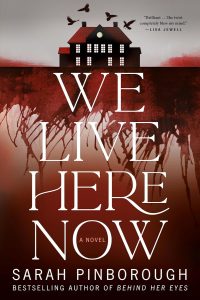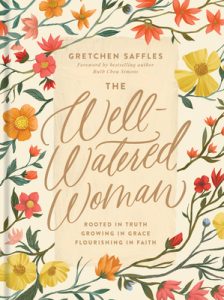
Amy Griffin’s The Tell: A Memoir is a haunting and heartfelt exploration of trauma, memory, and self-discovery. It begins with a simple observation from her daughter: “You’re here, but you’re not here.” That single moment sparks Griffin’s journey into the deepest corners of her past, forcing her to confront repressed memories of childhood abuse that she has unknowingly run from for decades.
Born and raised in Amarillo, Texas, Griffin grew up within the strict cultural expectations of the conservative South, where perfectionism and composure often took precedence over vulnerability. On the surface, she seemed to have built a flawless life a successful career, a marriage, motherhood but beneath it all, she was haunted by something she couldn’t quite name. When she undergoes MDMA-assisted therapy, a controversial but increasingly recognized form of trauma treatment, she begins to piece together the fragments of a story her mind had long buried for survival.
At its best, The Tell is an unflinchingly honest account of what it means to reclaim one’s truth after years of silence. Griffin writes with clarity and vulnerability, describing how trauma shapes identity, relationships, and even ambition. Her reflections on control, validation, and the feminine pressure to “hold it all together” are strikingly relatable to many women who have lived under the weight of social perfectionism.
Yet, the book has not escaped criticism. Some readers have found Griffin’s approach somewhat privileged, arguing that her access to elite therapy and legal resources distances her story from the lived realities of most survivors. Others note moments in the prose that feel self-congratulatory, or depictions of her daughter that seem emotionally exaggerated. These critiques do not diminish the authenticity of Griffin’s pain, but they highlight a tension between individual healing and collective advocacy between telling one’s truth and claiming universality.
Still, The Tell succeeds in what it sets out to do: to illuminate the long shadow of repressed trauma and the arduous, beautiful path toward healing. Griffin’s voice may not speak for every survivor, but it speaks as one survivor, and that alone is deeply powerful. Her memoir joins a growing body of literature that challenges silence, urging readers to face their pasts with radical honesty and compassion.
If you are drawn to memoirs that explore trauma recovery and the intersections of psychology, womanhood, and resilience books like The Body Keeps the Score or The Glass Castle The Tell will move you, even as it challenges you.
📘 Buy The Tell by Amy Griffin on Amazon: https://amzn.to/4o2Q08d


